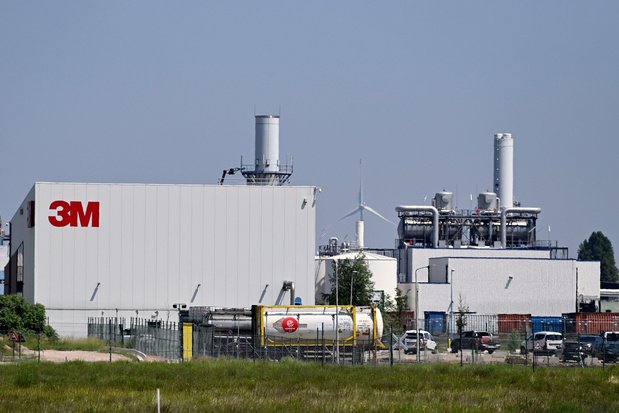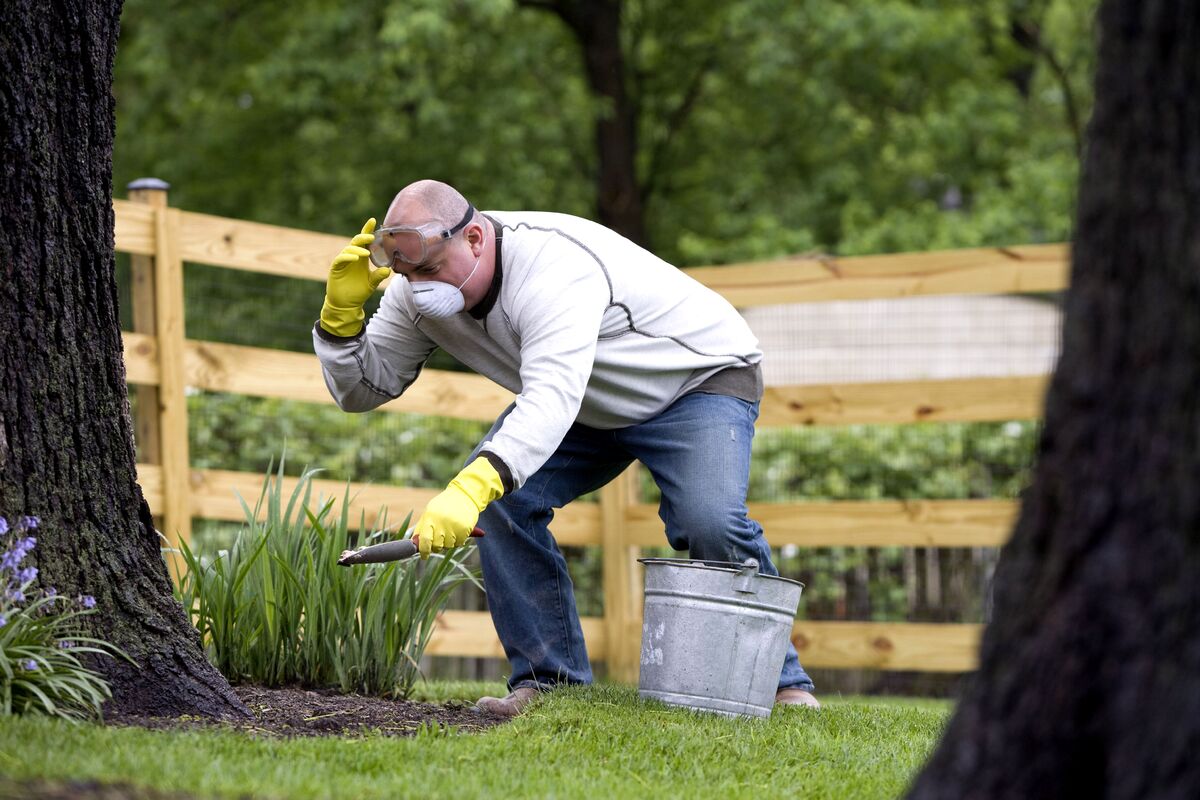A new soil study by environmental consultancy group ERM warns that remediation is necessary around the site of a former 3M factory in Antwerp, whose pollution has contaminated the ground to an extent that’s still being mapped by experts.
Residents of the Zwijndrecht neighbourhood in which the factory is located may have to have their properties excavated in order to remove PFOS (which belongs to the PFAS group) contamination, De Standaard reports.
The pollution scandal is still unfolding in Flanders, with studies indicating that PFOS contamination has spread through air and soil to even the far reaches of the region.
Local residents unable to garden
“We must once again be able to use our gardens, agricultural plots and recreational areas without any restrictions,” said Alderman for the Environment Steven Vervaet.
The new descriptive soil study, delivered last month by ERM, combines existing research results with new measurements in soil, groundwater, vegetables, eggs, milk, forage crops and fruit. The conclusion is that “remediation measures are needed to eliminate the identified human toxicological risks.”
Related News
- Second pollution investigation into 3M Antwerp
- No eating eggs from hens ‘in the whole of Flanders’ due to PFAS contamination
- Construction in Antwerp paused over pollution concerns
The expert conclusion by ERM, commissioned by 3M and supervised by the Flemish waste company OVAM, is of significant importance for the further approach to pollution in Zwijndrecht.
De Standaard was able to inspect the soil investigation and all accompanying documents by invoking the Open Government Act, and found that PFOS was confirmed to indeed be the main contaminant.
Airborne contamination
The contamination in the soil extends over an area of about two kilometres around the 3M site, due in part to airborne spread from the factory's chimneys.
The residential and agricultural areas in the immediate vicinity of the factory, “located along the Neerstraat, Polderstraat and Molenstraat,” have the highest PFAS concentrations, especially in the upper soil layers.
According to ERM's conclusions, the “serious contamination” represents “a risk to public health,” especially through the consumption of eggs.
“According to the decree on soil remediation and soil protection, remediation is necessary in this case,” ERM wrote, assigning such remediation the highest priority.
Karl Vrancken, appointed by the Flemish government to coordinate the PFAS problem, sees the completion of the soil investigation as a tipping point.
For the time being, there are temporary measures in place in the vicinity of the 3M factory, such as the warning not to eat your own eggs, “but now we really have to make the switch to solving that contamination. The time of measuring and mapping is gradually behind us.”


